Article written by Cassidy Ritter – Biz Journal
Boulder has built its brand as a startup hub recognized at a national level.
Companies that began in this college town like Techstars, now a global accelerator program, and Foundry Group, a venture capital firm investing in early-stage tech companies, proved in the early 2000s that great companies didn’t have to be built and grown on the coasts.
But some in the startup community have begun to wonder if Boulder has lost its luster over the past few years. Recent news that Techstars is closing its original accelerator program and moving its headquarters to New York and that Foundry is done raising funds has caused even more speculation about what’s next for the town’s tech and startup scene.
According to several entrepreneurs and startup mentors and advocates, it’s not that Boulder’s time has come and gone but it does seem that its light isn’t shining as brightly as it once was.
Great companies are still being built in or moving to Boulder, but the landscape has changed, according to locals.
Instead, the spotlight has grown beyond Boulder as the state’s tech and startup ecosystem catches up with the entrepreneurial town.
“It feels like there’s a new energy and an evolution from the next era almost,” Natty Zola, a partner at venture fund Matchstick Ventures and former managing director of Techstars Boulder, told the Denver Business Journal.
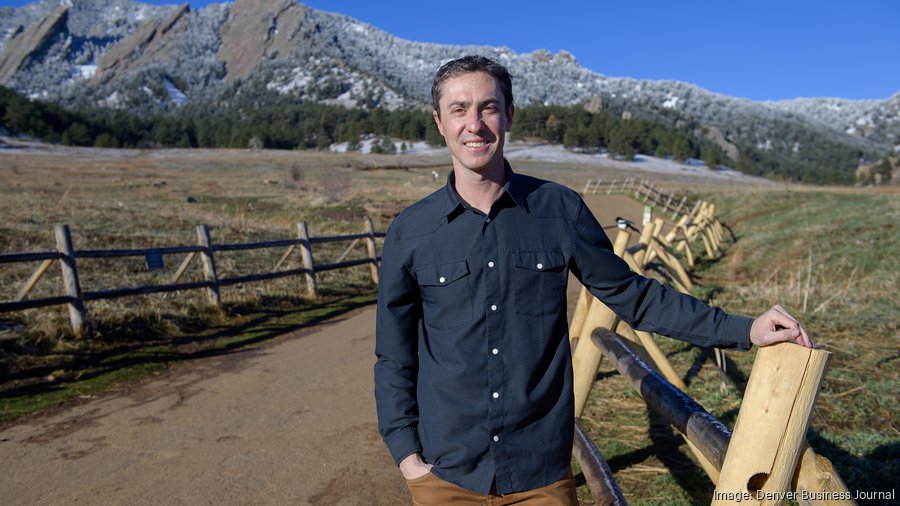
Putting Boulder on the map
Boulder’s tech and startup ecosystem began to take off during the dot-com boom in the late 1990s and early 2000s. That success stemmed from IBM and technology and research coming out of the University of Colorado Boulder, according to John Tayer, president and CEO of the Boulder Chamber.
“You started to see a lot of startup activity being rooted in this confluence of university research and concepts and folks coming from out of town gelling into new business concepts,” Tayer said. “That was the root of Boulder’s startup in technology.”
Before these startups caught the attention of larger corporations from Silicon Valley, entrepreneurs, investors and Techstars co-founders Brad Feld and David Cohen moved to Boulder from Boston and Florida, respectively.
“I discovered that there was a big divide in Boulder between the entrepreneurs and the investors,” Feld wrote the 2020 edition of his book titled “Startup Communities.” Feld did not respond to multiple requests for comment from the DBJ.
One year after moving to the town, in 1996, Feld launched a local entrepreneur organization that met monthly.
By 2020, “capital was flowing, companies were getting started at a rapid pace and the energy around startups in Boulder was off the charts,” Feld wrote.
Some of these startups caught the attention of larger corporations from Silicon Valley. That attention led to acquisitions and household names like Google and Twitter opening offices in the town.
In 2006, Google acquired @Last Software, a Boulder-born 3D modeling software company known for its SketchUp product.
Google now has 1,600 employees in Boulder, as of October 2023, across its three-building campus on Pearl Street and an office at 33rd and Walnut streets.
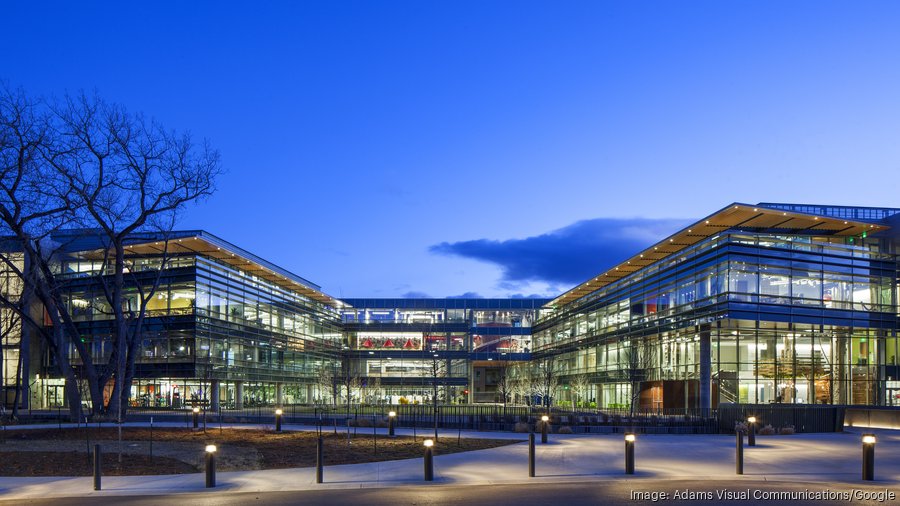
The accelerator and its founders David Brown, Cohen, Feld and now-governor Jared Polis are said to have put the town on the map as a startup and tech ecosystem.
Punching above its weight
Eric Marcoullier, a local startup coach and serial entrepreneur, said his career wouldn’t have been the same without Feld and his willingness to listen to Marcoullier’s ideas.
Feld invested in Marcoullier’s second business, a website that allowed users to track who visited your site. Yahoo acquired it in 2007. Marcoullier said he pitched Feld seven other business ideas and moved to Boulder from California to become a Techstars mentor.
Marcoullier’s seventh idea was Gnip, a social media API aggregation company acquired by Twitter for an undisclosed amount in 2014. This led to Twitter opening a Boulder office.
While acquisitions were becoming more common, Techstars continued to grow and help invest in and launch more businesses. Techstars hosted 20 Boulder programs since its first in 2007 and created a sense of community for countless entrepreneurs and first-time founders.
At the same time, Foundry was up and running, actively investing in companies like Gnip and Fitbit.
Foundry and Techstars created a one-two combination punch, Marcoullier said.
“Those brands are incredibly powerful, and I think that created a center of gravity in Boulder that was exceptionally strong,” he said.
Cohen, who still lives in Boulder, said it wasn’t an instant success but that the community got more organized over time.
“Over the last 15 to 20 years, [Boulder] has really punched above its weight in terms of its size,” Cohen said.
The city of 120,000 people delivered internet technology innovations that one would expect from a town with 2 million people, Cohen said.
According to a 2018 Brookings Institution analysis, Boulder had the highest density of Inc. 5000 high-growth companies between 2011 and 2017 with 367.
A siloed Boulder?
Several Boulder-based entrepreneurs and community leaders say the town still has a “give first” mentality — something Techstars helped formalize — but that the startup and tech scene overall is different today than it was pre-Covid.
Some describe the scene as siloed, and others call it more mature.
“I don’t feel as much of the general cohesiveness, and it could just be there’s not a lot stepping into foster that,” said Chris Viéville, a partnerships manager at Upwind Security and host of Boulder Open Coffee Club, a biweekly meetup for startups. “But I think it just feels a bit more siloed. [It could be that] people are siloed in what they’re working on, because you have lots of different technologies that have emerged.”
Boulder’s tech and startup ecosystem today is more than a handful of entrepreneurs building SaaS platforms and telecom businesses. Instead, it encompasses everything from marketing, information technology and aerospace to quantum, artificial intelligence and life sciences.
“It feels like Boulder is kind of a tech pouch,” said Ian Cairns, Boulder AI Builders meetup organizer and co-founder and CEO of software development startup Freeplay. “I think the visible center of gravity that you had with Techstars isn’t here today, but at the same time, there’s just a lot more interesting stuff happening in tech across Boulder than there was 10 to 15 years ago.”
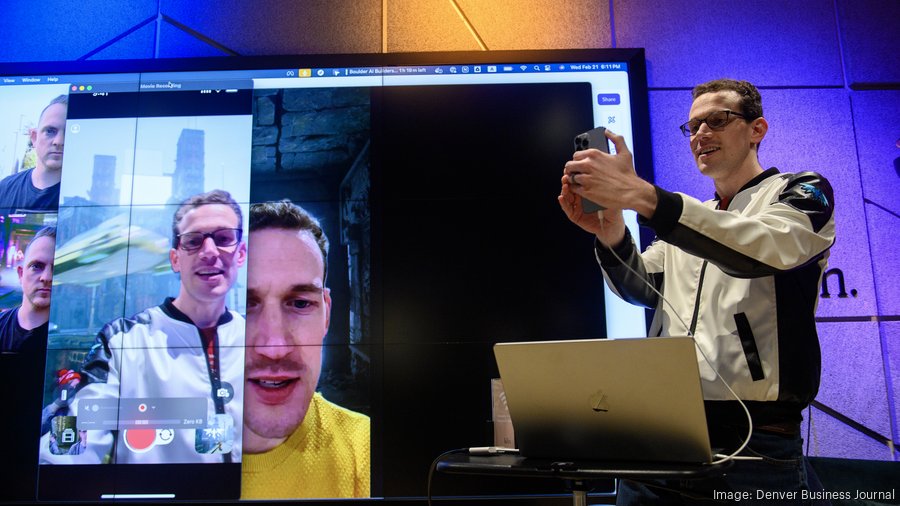
Today, the community is home to large tech entities like Google, Microsoft, IBM, S&P Global, Qualcomm and Agilent Technologies. These companies make it easier for startups to get acquired and stay based in Boulder or Colorado. They also help “bring that next generation of mentorship and investment” to town, said Marcoullier, startup coach, serial entrepreneur and co-founder of Gnip.
The town is also home to countless venture capital firms, including Massive, Matchstick Ventures, Boulder Ventures, Sweater Ventures and Buff Gold Ventures. Over the past few years, several Silicon Valley VC firms also have moved one or two people to Boulder to tap into the local talent.
Ef Rodriguez, a board member of several local startup events, left Colorado in 2012 after living in Boulder for 12 years. When he moved back in 2019, he did everything he did in the early 2000s — such as attending events like Boulder Startup Week, Ignite Boulder and TEDxBoulder — but said Boulder’s atmosphere was very different.
“Boulder back then was so gnarly, so unpolished, so uncouth … but that was part of the charm,” Rodriguez said. “I felt like some of the charm had gone away in service of efficiency, [which is] not a bad thing. … But it did take some getting used to because I’d been gone for so long.”
Rodriguez said some of the people he knew back in the early 2000s had also moved on or taken a step back from Boulder’s startup scene.
“I just had to meet a lot of people in a short amount of time to feel comfortable again,” he said.
In contrast, several Boulder newcomers say the city’s entrepreneurial spirit and “give first” mentality have met their expectations and allowed them to find a sense of community.
CEO and co-founder of Zipper Chris Alto moved to Boulder from Boston in late 2022 because he thought the Front Range city was the best place to launch a fitness startup. He said the town is exceeding his expectations but that founders must be proactive in finding events.
Unlike the sparse events of the late 1990s and early 2000s, which were often generic startup meetings spearheaded by the likes of Techstars, Feld, Andrew Hyde (who founded Startup Weekend and started Ignite Boulder, TEDxBoulder and Boulder Startup Week) and other notable founders, today’s events are a mixture of in-person and virtual programs.
These include Boulder Open Coffee Club — which has met every other week since 2007 — 1 Million Cups Boulder, New Tech Colorado, Ignite Boulder and many others. Industry-specific events range from those supporting search engine optimization pros to artificial intelligence builders.
A specialized era
Nicole Glaros, an entrepreneur and former Techstars executive, says it’s important to keep in mind that Boulder’s tech and startup scene today is much larger than it was. It’s often harder, if not impossible, to gather everyone working in this realm in one room, she said.
“That’s a good thing,” Glaros said. “There are a lot of people that have moved here that have their various interests.”
Seth Levine, co-founder and partner at Foundry Group, said Boulder’s tech and startup scene is “beautifully fragmented, in a good way” and that a lot of people see opportunity among the local ecosystem.
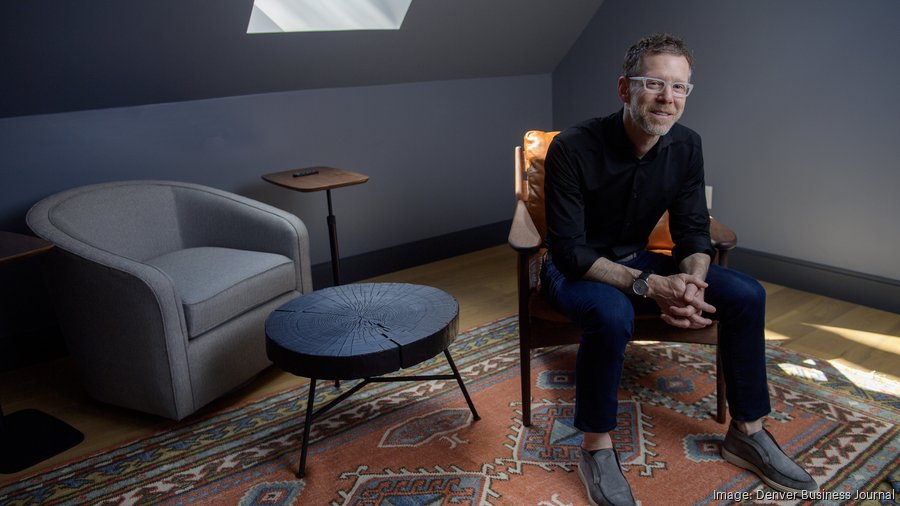
“I think there’s a lot more in front of us than behind us,” Levine said.
Cohen described Boulder’s tech scene as more specialized. That’s part of becoming a mature community, he added.
Glaros said, however, that she doesn’t feel like the community has done a good job of highlighting events so people know how to get involved. Boulder founders’ varied interests are a sign of growth and an “evolution of the challenge that we have to tackle,” she said.
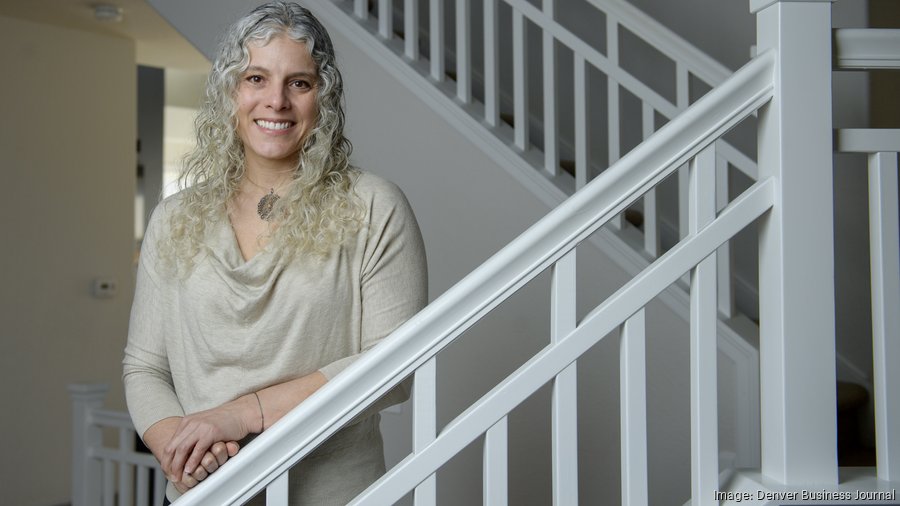
Founders are also hopeful that this year’s Boulder Startup Week will be a “container” that gathers everyone and shows them where to meet throughout the year, said Tim Morrissey, Boulder Startup Week organizer.
Although the event has been taking place locally since 2010, 2019 was the peak with 15,000 registrants, Morrissey said. Last year, BSW was announced two weeks prior and had 500 registrants. This year, the event hopes to attract 2,000 to 3,000 people from May 13-17.
Morrissey said one event this year will include gathering hosts and other community members to showcase Boulder happenings that occur on a monthly and weekly basis.
He attributes part of Boulder’s “dispersed” and specialized nature to the pandemic but hopes BSW can bring people out of their homes and offices to jive together.
How did we get here?
Covid-19 had a big impact on Boulder’s tech and startup communities.
In 2022, the most recent data from the U.S. Census Bureau, Boulder County had the largest work-from-home population sitting at 32%, compared to 13.7% in 2019 before the pandemic. This caused a lot of businesses to downsize their office footprints or move to permanent hybrid or fully remote teams.
The era of remote and hybrid work also brought more people to town, although Boulder County’s population grew by less than 1% from 2019 to 2022, according to census data.
Yoav Lurie, an entrepreneur, said he moved away from Boulder for two years during the pandemic before returning. When he came back, he said the startup community was “very, very different” because companies weren’t meeting in person downtown every day and many startup events started to go away or lacked support. He said this happened in the years leading up to 2020, but that the pandemic accelerated it.
The increasing cost of living in Boulder also contributed to changes to the startup ecosystem. In 2010, the median value of a home in Boulder County was $352,800 and was just shy of $600,000 in 2019.
Now, the median home value has skyrocketed to $743,700 in 2022, per census data, making it less affordable for entrepreneurs to live in Boulder.
In recent years, Twitter was evicted from its office in Boulder and IBM continued to shrink its local footprint. Even smaller companies like adtech startup Sovrn downsized as the area’s commercial real estate costs rose.
Zola with Matchstick said he doesn’t feel like Boulder has lost its luster. He said, however, that if he were asked that a year and a half ago, he would have questioned where Boulder’s famous entrepreneurship energy had gone.
“[Now], when I’m out at a coffee shop or I’m at coworking spaces or I’m at events, it’s still pretty vibrant,” he said. “Coming out of Covid, it felt like we had to refigure out our identity and reorganize. I think that took longer than we had hoped.”
Today’s startup ecosystem reminds Zola of the 2008 to 2012 era when gatherings and networking happened organically. The Boulder AI Builders meetup he helps run, for example, typically has more than 100 people in attendance, including people demonstrating their products or work around AI.
Zola said the focus in Boulder is back on builders and entrepreneurs, adding that the entrepreneurial energy is the best he’s felt in five or seven years.
Boulder native Nikhil Mankekar, who serves as the vice chair of the Colorado Venture Capital Authority, said Boulder is in a transition phase.
“In any kind of transition, there’s going to be things coming to an end,” Mankekar said. “… If people focus too much on the things coming to an end, we’ll never foster the beginnings of what can be.”
That said, times are changing and what was relevant in the past, might not be as relevant or helpful anymore, Mankekar added.
“Just because things are not being done the same way they were 10 years ago in Boulder’s entrepreneurship, doesn’t mean that it’s not happening and it’s not happening successfully,” he said. “It’s just happening in a different way.”
David Lopez, co-founder of Boulder-based Gritly — which was acquired by a Denver-based company in February — said he sees Foundry and Techstars’ news as cementing the rumors and questions people asked about Boulder losing its excitement around startups and founders.
The opportunity to foster innovation and entrepreneurship isn’t gone, Lopez added. It’s just going to take time, effort and resources, he said.
“I also, though, look at this as like a great reset, the grand reset almost,” Lopez said. “I’m curious to see what’s next.”